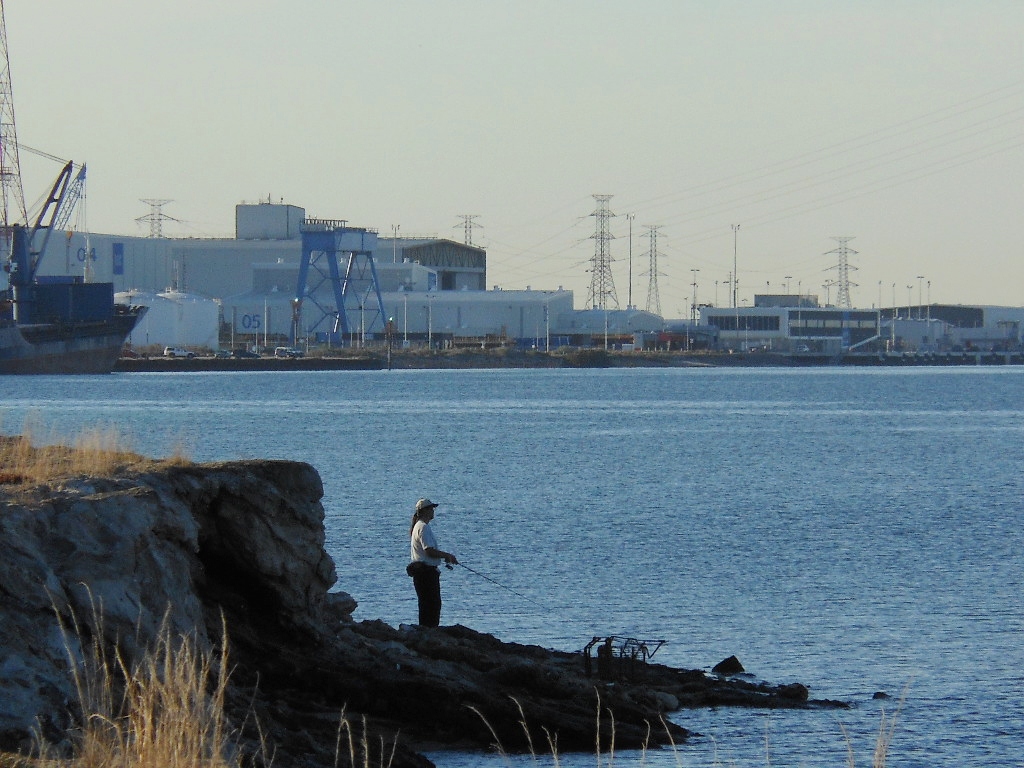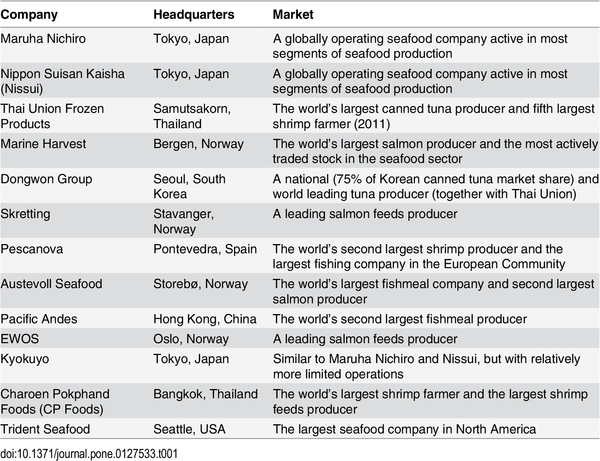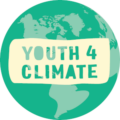
By Sienna Grantham
Marine biologist, Sylvia Earle, said “No water, no life. No blue, no green,” representing our reliance on the ocean, reinforcing the idea that the world wouldn’t survive without the ocean. This post will highlight that humans and communities are at risk due to the negative effects of overfishing and other harmful activities on the ocean coming from commercial fishing industries.
Humans rely on the ocean for many practices, things such as our livelihoods and food which come from fishing as well as life itself, considering that the ocean produces ~50% of all oxygen produced. Livelihoods, jobs, food all come from fishing; but corporations steal the fish from the ocean and pollute it, making it difficult for humans to use the ocean’s resources, showing the dangers of industrial fishing that damage humans.

My goal isn’t to bombard you, nor guilt trip you, but rather to solve this with you. Now you know what the problem is and why it affects you as the reader and as a member of the human population, what can we do? As you may know, there are plenty of things that you can do on an individual level. Try swapping daily items for something a little bit more sustainable. But this wasn’t an individual’s actions, so why is it an individual’s responsibility? I’m all for doing your part in cleaning the planet, but are we really getting anywhere? We’re bending over backward to save our oceans while these major corporations are getting away with the horrible acts they’re committing. What we need to do as a population is hold these businesses accountable. Henrik Österblom, the Science Director of the Stockholm Resilience Center at Stockholm University, alongside contributions from various other authors, did a study on transnational companies and their impact on the global fishing industry.
Österblom is saying that the most prominent companies in the industry have the ability to reverse the damage they’ve caused. It’s these kinds of companies we should be urging.
After surveying peers from San Diego County, Emma Weibel, someone who lives near the ocean and someone who consumes fish and even enjoys eating it often, says she feels “a lot of guilt because those ecosystems don’t deserve to be destroyed for our benefit” and suggests “no fish zones” to “help protect ecosystems and help the fishing industry prosper sustainably.” No-fishing zones, with studies conducted on the intricacies of ecosystems, could protect biodiversity and combat overfishing, revolutionizing fishing. From another peer, Abigal Deckert is someone who is “not able to consume fish as much because of unsustainably caught fish and the guilt that goes along with it. I think consuming fish you personally caught for the purpose of eating is sustainable. If you are fishing to actually eat the fish you catch, and not waste it I think that’s acceptable. But even fish from the store claiming to be sustainably caught or ‘wild caught’ isn’t sustainable in my opinion,” said Deckert. Deckert is someone who doesn’t consume fish but she does live near the ocean. It’s clear that overfishing is a widespread effect of commercialized fishing and the costs are everywhere, and many people have stopped wanting to eat fish because they feel guilty eating fish that isn’t sustainably caught. Merriam-Webster defines sustainability as something “able to be maintained at a certain rate or level” and “conserving an ecological balance by avoiding depletion of natural resources.” (Sustainability). Therefore, sustainable fishing is fishing in numbers that won’t drain ecosystems of the natural population of fish which isn’t happening so, what can we do? And the answer is tricky and that is because there is no one right answer. A great place to start is checking the source of your fish. Try researching into the brands you are supporting, look for labels determining the sustainability of the fish. When looking for farmed fish, look for the BAP (Best Aquaculture Practices) certification or for wild-caught, look for the MSC (Marine Stewardship Council) certification. These certifications determine the sustainability of seafood being harvested. But overall, try to lessen your consumption of fish, especially if you don’t rely on it solely for survival. Though significant, doing your part without companies following suit, it will become increasingly worse.
Therefore, the fishing industry is overfishing, polluting the ocean in its wake which destroys ocean ecosystems, damages communities, and our population. The industry takes away food and jobs for communities. And the loss of biodiversity directly impacts humans due to the increase of infectious diseases. We need to take action avoiding companies that fund these dealings while checking if our fish is sustainably caught.
Sources:
Henrik Österblom, et al. Transnational Corporations as “Keystone Actors” in Marine Ecosystems. Vol. 10, no. 5, 27 May 2015
